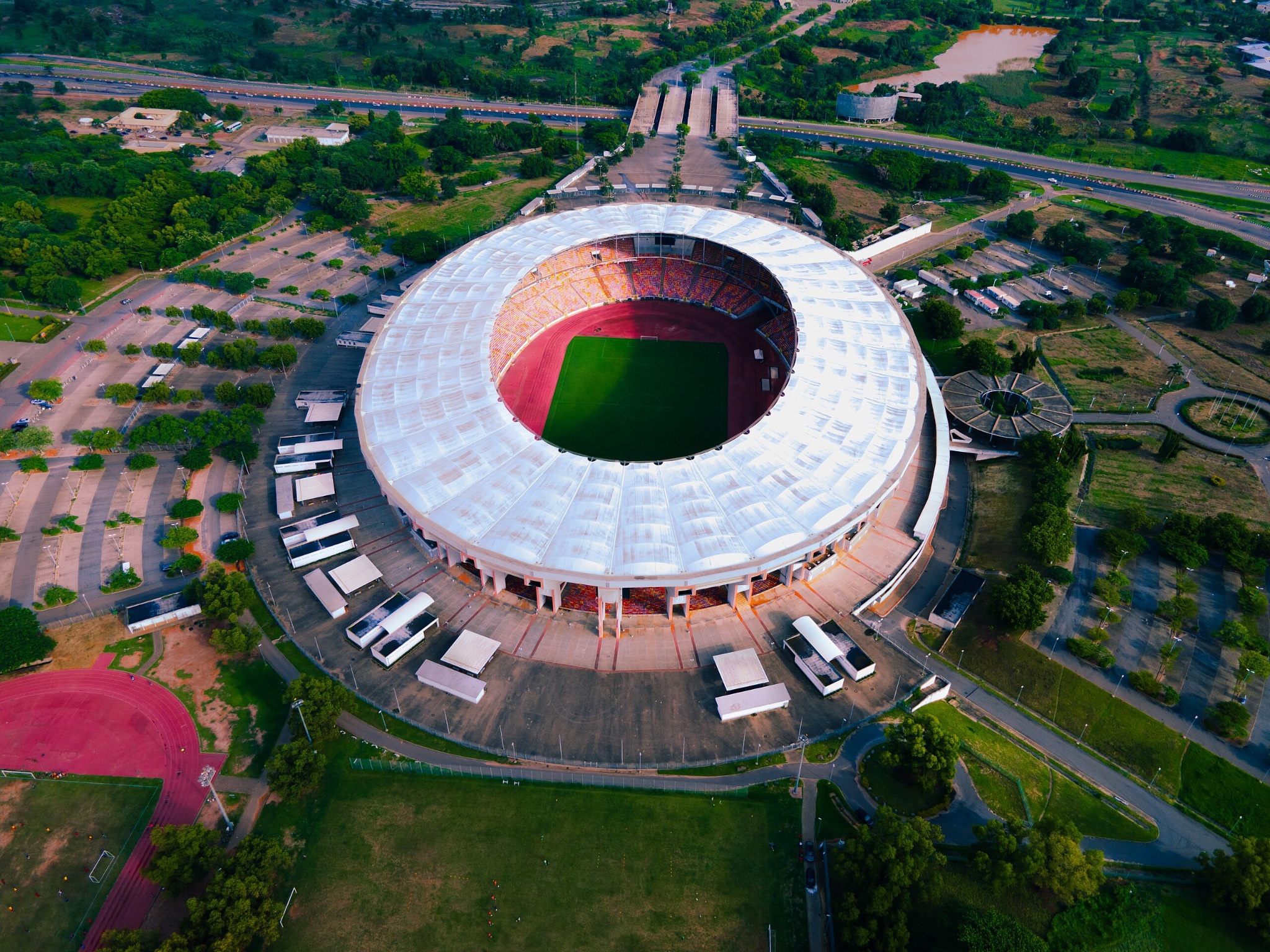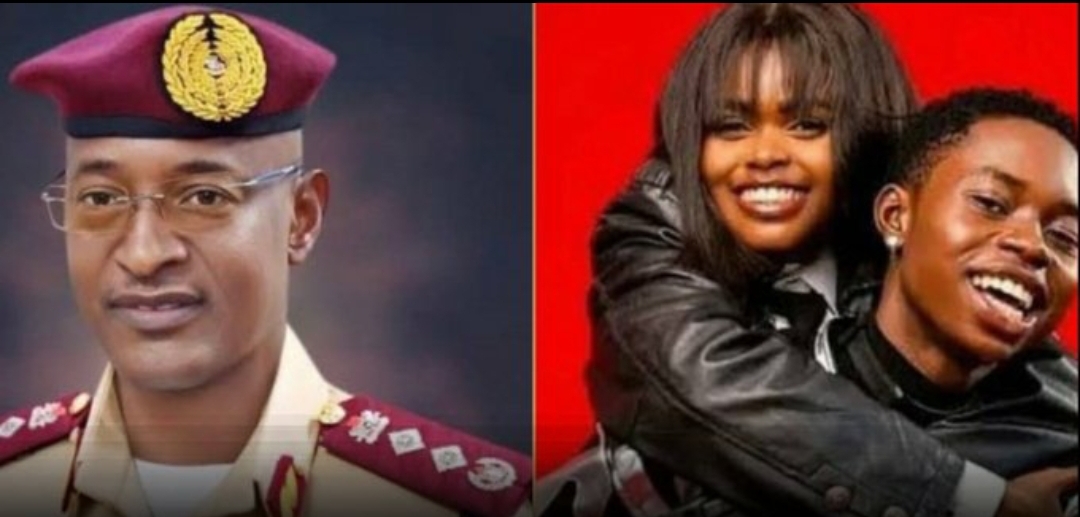

In what is shaping up to be one of the most closely watched sporting political events in recent years, the Moshood Abiola National Stadium in Abuja is set to host the highly anticipated presidential elections for several sports federations across Nigeria today. The atmosphere is charged with expectation, as delegates, administrators, athletes, and stakeholders converge from every corner of the country to decide the future leadership of their respective sports. The National Sports Commission, which is overseeing the entire process, has assured the public that transparency, fairness, and strict adherence to due process will be the hallmarks of today’s elections.
For many, this election represents far more than a routine change of leadership; it is a critical test of the country’s commitment to reforming and revitalizing its sports administration, which has long been plagued by allegations of corruption, favoritism, and inefficiency. The National Sports Commission’s active involvement signals a renewed attempt by the government to restore credibility to Nigeria’s sports federations and ensure that leadership positions are occupied by those who truly have the athletes’ and the nation’s interests at heart.
The mood in Abuja is tense yet hopeful. By early morning, the roads leading to the Moshood Abiola National Stadium were already buzzing with activity as accredited delegates began arriving for accreditation and verification. Security has been tightened around the complex, with operatives from various agencies stationed at strategic points to prevent any form of disruption or misconduct. Election officials were seen organizing ballot materials and briefing representatives to ensure a smooth and credible voting process.
The significance of today’s exercise cannot be overstated. Each federation will be electing its new president, vice presidents, and executive members — individuals who will steer the affairs of Nigerian sports for the next four years. From football to basketball, athletics to boxing, and lesser-known disciplines like fencing and rowing, the decisions made today will ripple across every sporting domain in the country. Many athletes and coaches have described the elections as a turning point, expressing optimism that a new crop of visionary leaders will emerge to change the fortunes of Nigerian sports, which have faced major challenges in recent years, including inadequate funding, poor infrastructure, and dwindling performance on the global stage.
The National Sports Commission has repeatedly emphasized its zero-tolerance stance toward malpractice. Speaking to journalists ahead of the polls, a top official from the Commission stated that the process would be fully monitored, and any attempt at manipulation or intimidation would be dealt with decisively. “We are determined to make this election a benchmark for integrity in sports administration,” the official said. “Our aim is to ensure that only credible individuals, who are chosen by their constituencies through free and fair elections, take up leadership positions.”
Despite these assurances, some federation insiders have expressed concern over potential behind-the-scenes power plays. There are reports of lobbying, political maneuvering, and last-minute alliance building among candidates vying for top positions. In some federations, the race has become particularly heated, with rival camps accusing each other of trying to influence delegates with incentives. However, many observers believe that the Commission’s strong oversight will help neutralize such attempts and ensure that the will of the people prevails.
Among the most keenly watched contests is that of the Athletics Federation of Nigeria (AFN), where long-standing tensions between old and new administrators have dominated headlines in recent years. Stakeholders in the AFN hope that today’s outcome will finally bring stability to the federation, which has been embroiled in leadership crises that often spill over into the international arena. Similarly, the Nigeria Basketball Federation (NBBF) election is attracting significant attention, as stakeholders continue to debate the best leadership path for the sport following a series of internal disputes that have affected the country’s international participation.
At the heart of these elections lies a growing demand for accountability and competence. Nigerian athletes, many of whom have spoken out in recent months, are calling for leaders who will prioritize grassroots development, athlete welfare, and transparent funding. Too often, they argue, federation leaders have been more interested in personal gain than in the growth of their respective sports. As one athlete at the stadium remarked, “We are tired of politics killing our sports. What we need now are people who understand the game, who care about the players, and who will use their positions to make a real difference.”
Beyond the politics and promises, there is a shared recognition among stakeholders that the stakes have never been higher. Nigeria’s sporting sector, once a powerful source of national pride, has struggled to regain its footing in recent years. The country’s performances at major international competitions have been inconsistent, and concerns about inadequate management, athlete neglect, and lack of infrastructure continue to plague the system. For many, today’s elections offer a chance to hit the reset button — to begin a new chapter where integrity, vision, and professionalism define sports leadership.
The National Sports Commission has set up a real-time results collation system to ensure openness in the counting process. Journalists and observers have been accredited to monitor proceedings, and results are expected to begin trickling in later in the evening. Once all federations conclude their elections, the Commission will issue an official statement announcing the winners and outlining the next steps for the transition process.
As the day unfolds, the entire nation watches closely. Sports have always held a unifying power in Nigeria, cutting across ethnic, religious, and political divides. Whether it’s football igniting national celebrations, athletics inspiring pride, or boxing rekindling nostalgia, Nigerians have always found in sports a reflection of their collective spirit and resilience. It is that same spirit that drives the hope that today’s elections will mark the beginning of a brighter, more accountable era in Nigerian sports governance.
For the delegates and candidates gathered at the Moshood Abiola National Stadium, the moment is both historic and symbolic. The arena, named after the late Chief MKO Abiola — a man whose legacy stands for democracy, courage, and fairness — serves as a fitting backdrop for this critical exercise in sporting democracy. The symbolism is not lost on anyone present. It is a reminder that leadership, whether in politics or sports, must ultimately serve the people.
By nightfall, Nigeria will know its new set of sports federation presidents. Whether these new leaders will rise to the challenge of restoring hope and credibility to the country’s sports remains to be seen. But one thing is clear: today marks a defining moment in Nigeria’s sporting history — a moment when the balance of power shifts, new voices emerge, and the future of Nigerian sports takes shape under the watchful eyes of a nation yearning for progress.
As the votes are cast and counted under the bright lights of the Moshood Abiola National Stadium, the message resounds across the country — the era of accountability in sports governance has begun, and Nigeria’s sporting destiny now lies in the hands of those chosen to lead it into the future.


